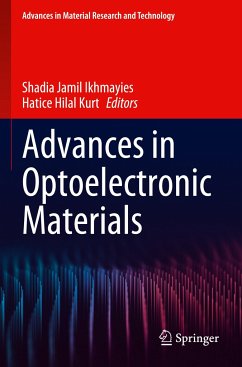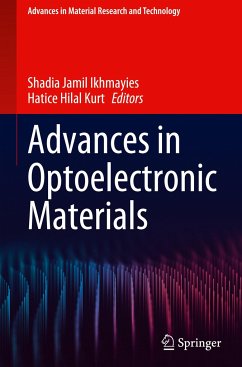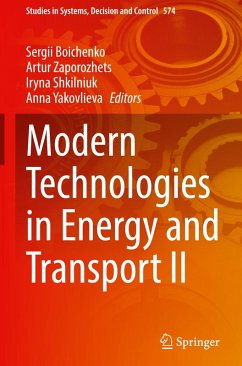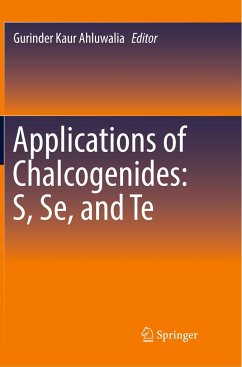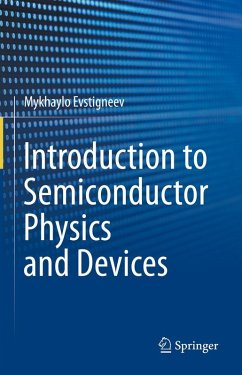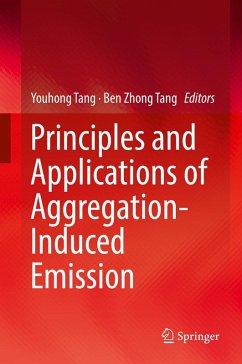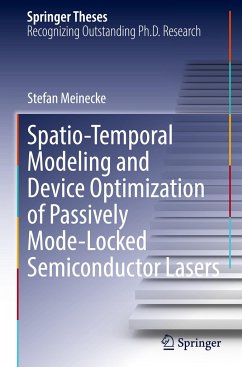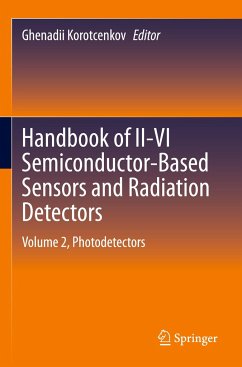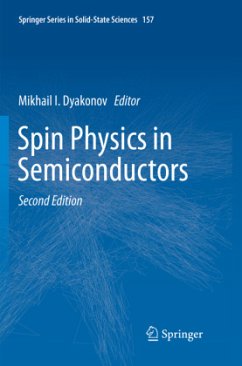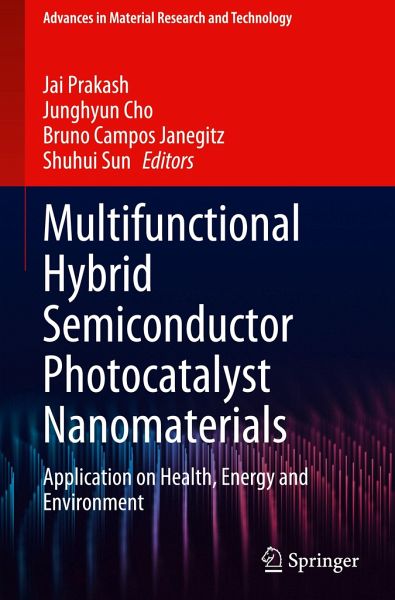
Multifunctional Hybrid Semiconductor Photocatalyst Nanomaterials
Application on Health, Energy and Environment
Herausgegeben: Prakash, Jai; Cho, Junghyun; Campos Janegitz, Bruno; Sun, Shuhui

PAYBACK Punkte
49 °P sammeln!
This book delves into the world of hybrid photocatalyst nanomaterials and their diverse applications. With a focus on interdisciplinary research, this book highlights the importance of these materials in addressing critical challenges in various fields. The book begins by introducing the significance of multifunctional hybrid photocatalyst nanomaterials and their potential impact on interdisciplinary research. It explores the synthesis techniques employed to create these advanced materials, emphasizing the integration of multiple components to enhance their photocatalytic performance. The appl...
This book delves into the world of hybrid photocatalyst nanomaterials and their diverse applications. With a focus on interdisciplinary research, this book highlights the importance of these materials in addressing critical challenges in various fields. The book begins by introducing the significance of multifunctional hybrid photocatalyst nanomaterials and their potential impact on interdisciplinary research. It explores the synthesis techniques employed to create these advanced materials, emphasizing the integration of multiple components to enhance their photocatalytic performance. The applications of hybrid photocatalyst nanomaterials are thoroughly examined throughout the book. From wastewater treatment and energy production to environmental sensing and virus degradation, the diverse range of practical uses is explored in detail. The book also covers recent developments in semiconductor nanomaterials as sensors, screen printing techniques using hybrid nanomaterials, and the use of 2D and 3D printing in sensing applications.



